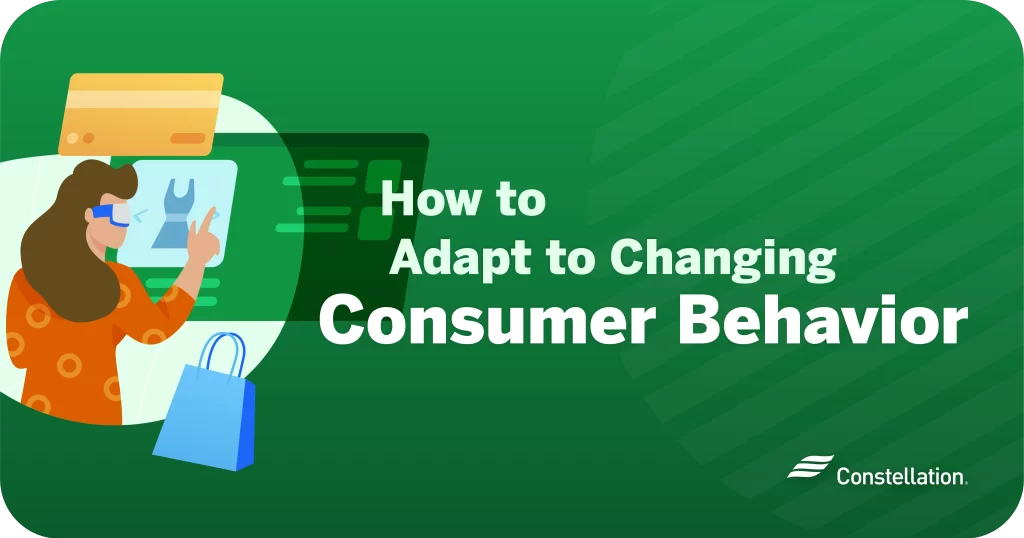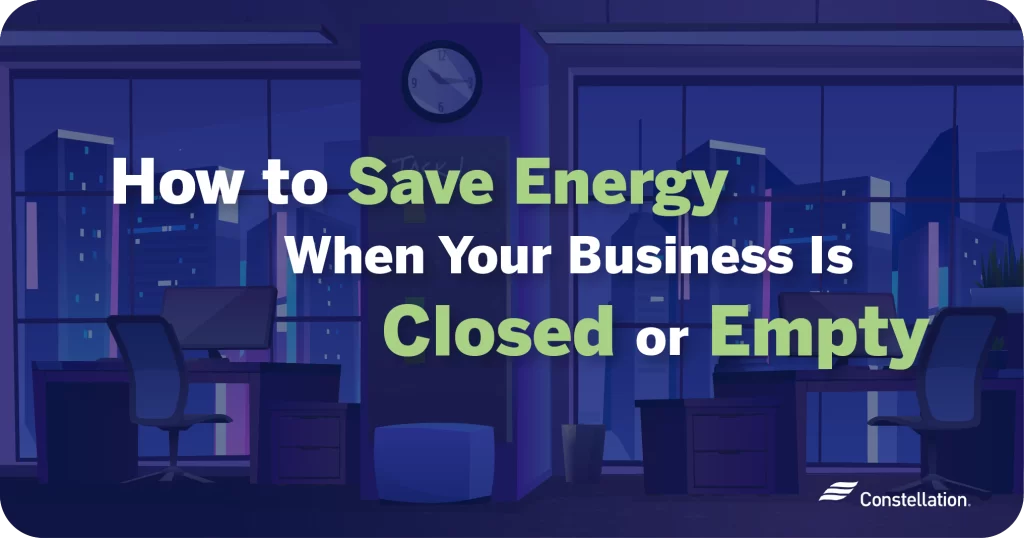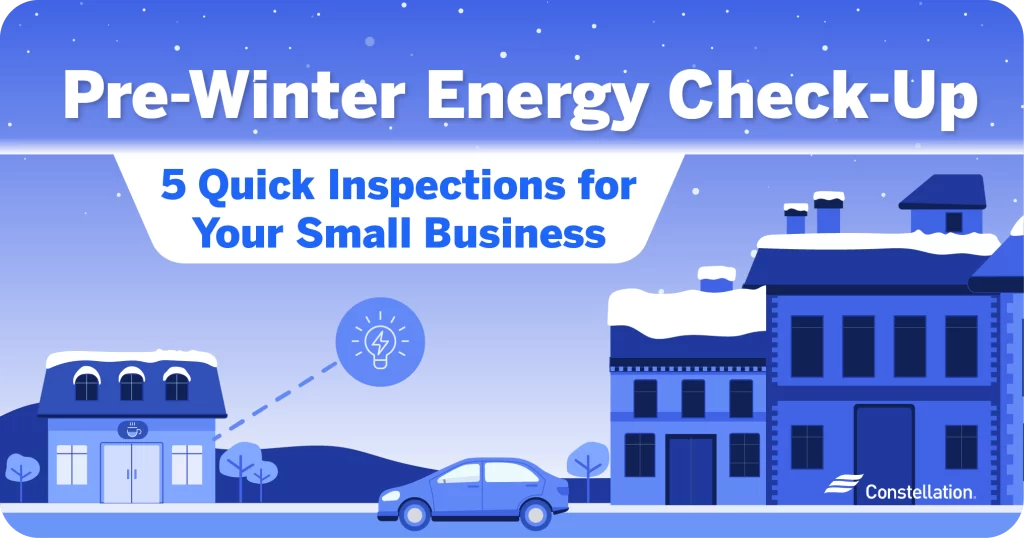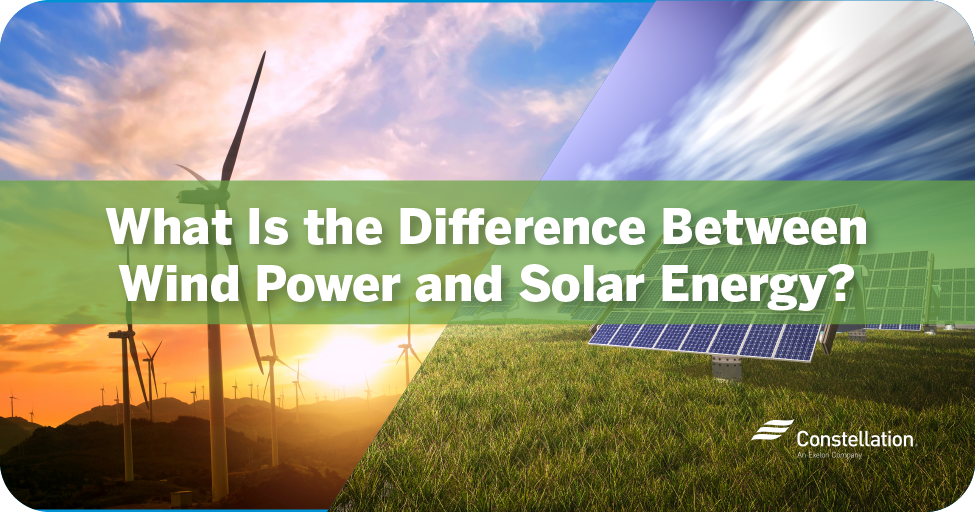
- Category:
Green Energy -
Last updated:
June 28, 2021
Wind Power or Solar Energy: What’s the Better Choice?
Looking into renewable energy for your home? Before making the switch, it’s important to consider all the options that are available to you. For example, solar energy and wind power are two of the most popular and reliable renewable energy sources. They’re both easily accessible and less harmful to the environment than fossil fuels, but which one is the better choice for you?
Here, we’ll compare solar energy vs. wind power and give you the information you need to make an informed decision about your renewable energy source.
Wind power explained
Wind power is a type of renewable energy that’s created when moving air spins the blades on large turbines. Once the wind turbines begin spinning, kinetic energy is created, which is then converted into mechanical energy. This mechanical energy can then be used for a variety of tasks or sent to the turbine’s generator to be converted into electricity.
Wind energy isn’t just related to solar energy — it’s actually considered to be a form of solar energy. This is because wind is created by the sun as it heats the Earth’s surface.
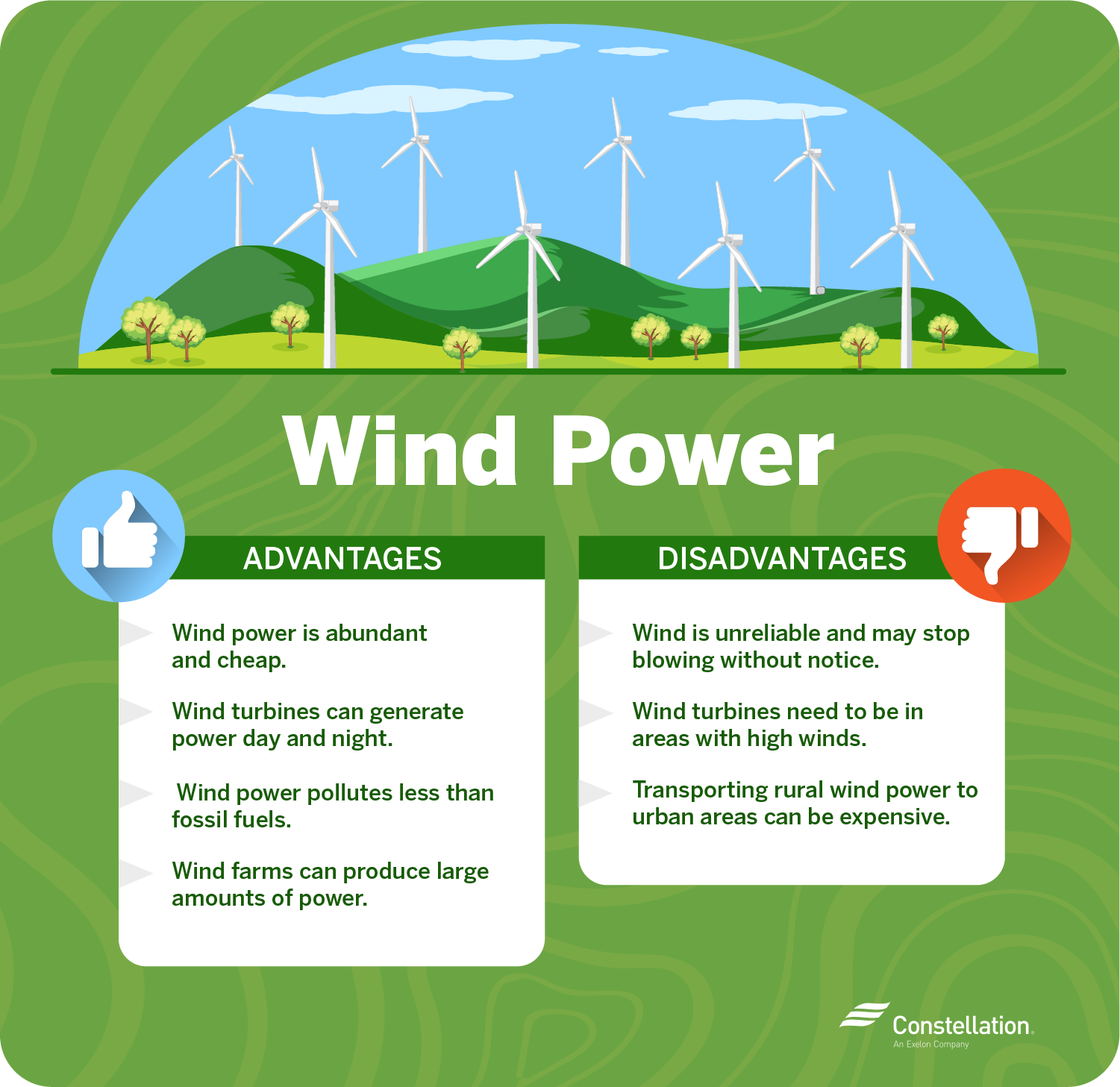
Advantages of wind power
When compared to other forms of renewable energy, there are several advantages of using wind power for your home:
- Wind power is naturally abundant and costs little to produce.
- Wind turbines can generate power during the day and at night.
- Generating wind power causes less pollution than burning fossil fuels.
- Wind farms can produce large amounts of power.
Disadvantages of wind power
Although there are some perks of choosing wind power, this form of renewable energy also has its drawbacks. For example, some disadvantages of wind power include the following:
- Wind is unreliable and may stop blowing without any notice, which can affect availability.
- Wind turbines need to be built in areas that experience high winds, so it may be less accessible depending on where you live.
- Wind power is usually generated in rural areas and can be expensive to transport to more populated localities.
Solar energy explained
Solar energy is a form of renewable energy that’s created using sunlight. When the sun’s rays reach solar panels, the energy is absorbed by photovoltaic cells on the surface on the panels and made into electricity. This direct current (DC) electricity is then converted to alternating current (AC), which can be used by the power grid. If more solar energy is produced than needed at a solar farm, the excess can be stored.
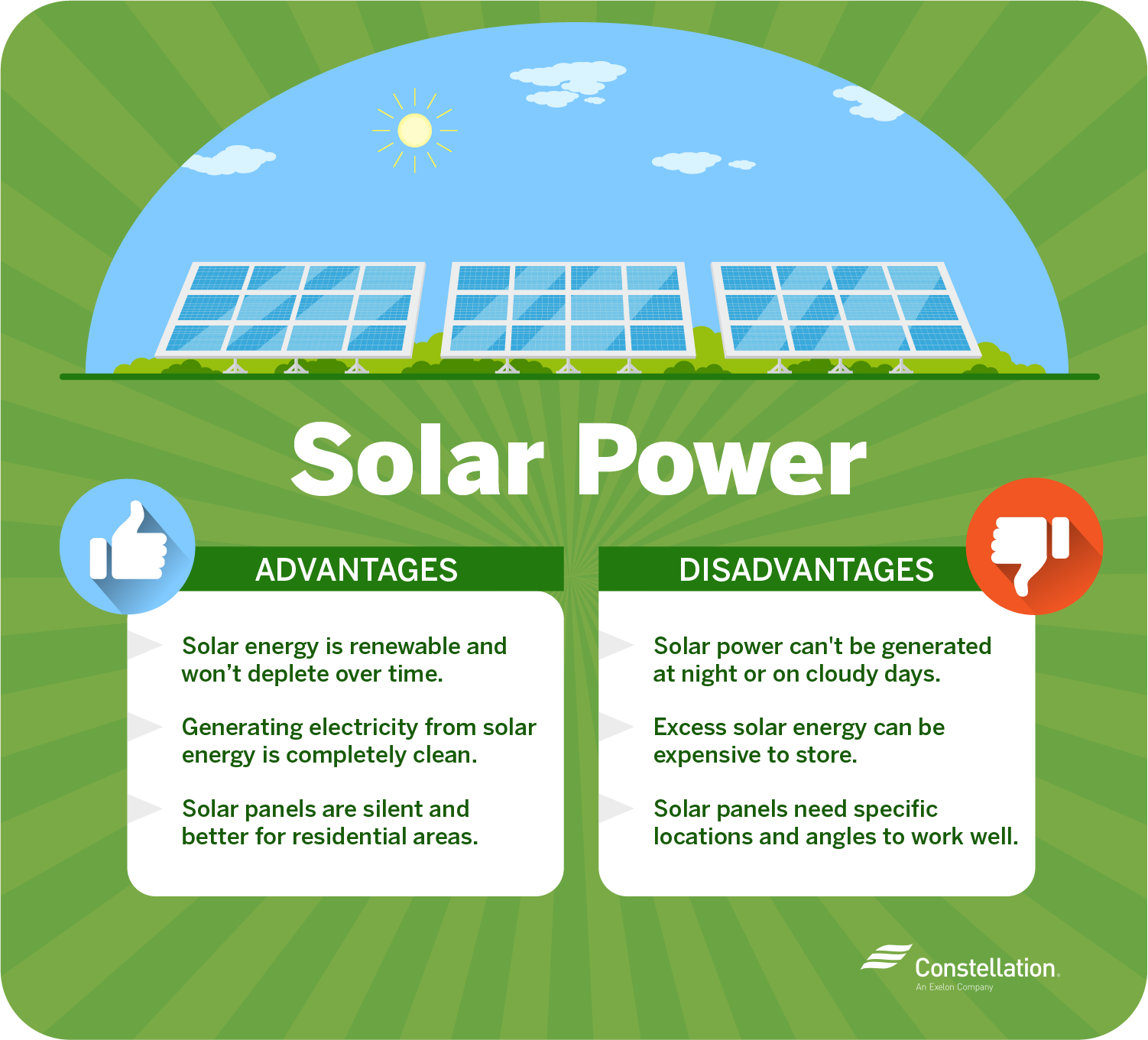
Advantages of solar energy
When looking at solar and wind energy, it’s important to consider what each option can offer you. For example, there are some distinct advantages of solar energy:
- Solar energy is renewable and won’t deplete over time.
- Generating electricity from solar energy releases no pollutants or greenhouse gases.
- Solar panels operate silently and are better for residential areas.
Disadvantages of solar energy
Solar energy offers many benefits, but that doesn’t mean the system has been perfected. There are a few disadvantages of using solar energy:
- Solar power can’t be generated at night or in cloudy/rainy conditions, which can affect availability.
- Excess solar energy needs to be stored, such as in batteries, which can get costly.
- Solar panels need to be angled a certain way in order to collect sunlight, which can make finding a suitable location for them difficult.
Comparing solar vs. wind energy
There are a number of important factors to consider when choosing a renewable energy plan. For example, you’ll want to start by comparing the energy efficiency and cost per watt of solar vs. wind energy. This will help ensure that both your energy costs and environmental impact are as minimal as possible.
Although wind energy is related to solar energy, it doesn’t mean they’re the same across the board. Wind turbines have a larger generating capacity than solar panels, meaning they’re generally the more energy-efficient option. Additionally, the average cost of wind power was $0.06 per kWh in 2017, while the average price of solar energy that same year was $0.10 per kWh.
On the other hand, wind power is often generated in rural areas, making it costly to distribute to urban and suburban locations. So, unless you live near a wind farm, you may end up paying more than you would for solar.To ensure you make the best choice, you should always look at the details of your renewable energy plan and get an understanding of what you’ll be paying each month, as well as the impact your choices will have on the surrounding environment.
The benefits of a hybrid model
If you’ve compared solar vs. wind energy and are still unsure what to choose, there’s another option to consider: a hybrid system. Hybrid wind and solar electric systems combine both technologies and allow you to get power when you need it the most. For example, sunlight is most abundant during summer, while strong winds occur more frequently over winter. So, a system that uses both sunlight and wind to produce electricity will be able to operate at peak generating capacity year-round. This means renewable energy customers can expect more stability in energy prices and availability.
Which renewable energy source is right for you?
All renewable energy sources are better for the environment than traditional fossil fuels, but which of them is best for you? The answer will likely be different depending on your location, budget and energy needs.
You may determine that solar energy solutions would offer you the most benefits, or that you’re better off comparing renewable energy rates before making a final decision. Plus, there’s always the option of investing in renewable energy certificates as a way to support the growth of the renewable energy industry. But regardless of the renewable energy source you choose, making the shift away from fossil fuels will benefit our planet and aid in the transition to a sustainable future.
